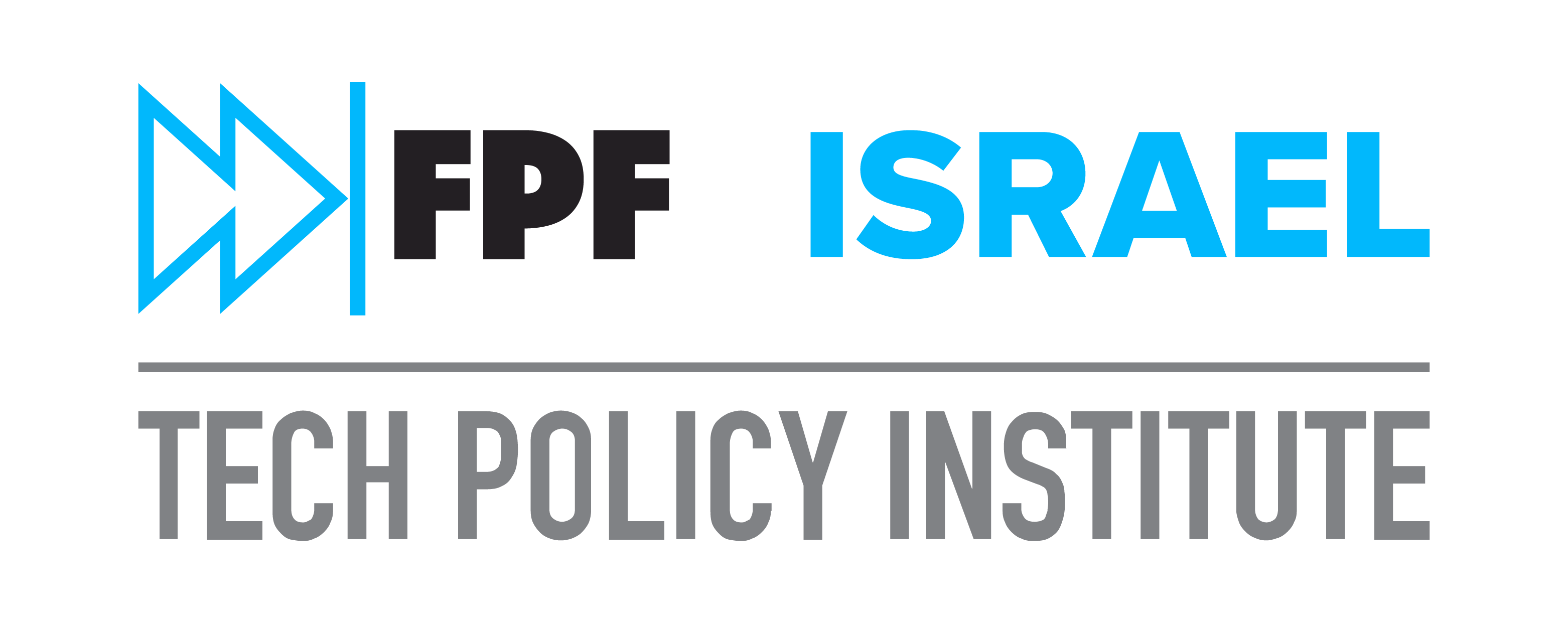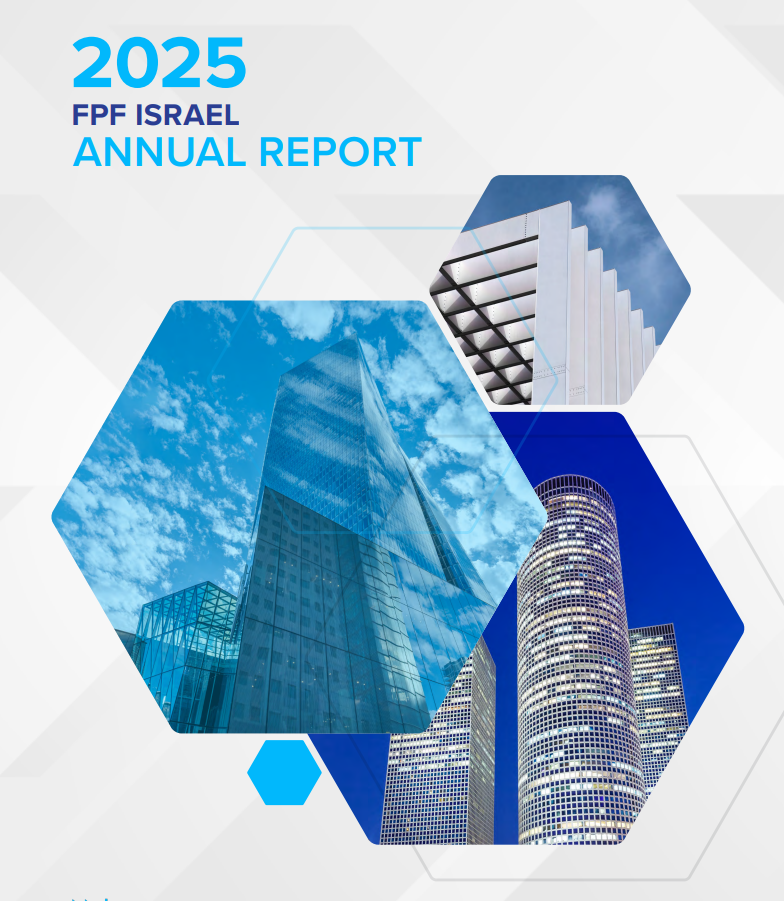Will publication of identifying details in Israeli court rulings be prohibited in the future?

Background
Court rulings in Israel include the publication of names and identifying details. These include details of the parties to the legal process, court witnesses, attorneys of the parties, and more.
Due to the improvement of technological capabilities, court rulings began to be documented in digital files and became accessible to the public – for a fee and for free – in designated databases as well as on the Internet.
This resulted that a person’s name, even if he is not one of the parties to the judicial process, is saved in databases so that relatively a great extent of personal information about that person can be found.
The publication of court rulings, including names, is part of the principle of public hearing enshrined in Israeli legislation (Section 3 of the Basic Law: Judiciary and Section 86 of the Courts Law [combined version], 1984). The principle of “public hearing” is a sequel to the right to information, recognized as a quasi-constitutional right in Israel. In contrast to this right stands the right to privacy enshrined in the Basic Law: Human Dignity and Freedom (Section 7).
Englard Committee
These conflicting principles - privacy on the one hand and the public’s right to information on the other – which deepened with the advancement of technological capabilities, led the Minister of Justice, in 2010, to appoint a committee to advise him on the issue of publication of identifying details in verdicts and court rulings.
The committee, chaired by Chief Justice (retired) Englard, recently submitted its recommendations.
Committee recommendations
Most committee members recommend to significantly change the existing situation. They recommend excluding from court rulings the names and identifying details of the parties to the legal process and other parties involved.
To this rule, the committee proposes to add several exceptions which permit the publication of the name-
1. The name refers to someone with a particular identity, such as:
- A public authority or corporation (which is not entitled to privacy protection according to the Israeli Privacy Law anyway);
- Elected officialand senior public employees (if their names are involved in legal proceedings as part of fulfilling their public duties);
- An attorney representing one of the parties;
- An expert witness who appeared before the court;
- Anyone with a professional license whose name is involved in the legal process due to his actions as a license holder.
2. The decision is within a specific judicial procedure such as:
- Class action;
- Administrative procedure, insofar as the petitioner is a public petitioner;
3. The court decided to order the publication of the names, despite the new default.
A manner of publication, and not a ban on publication
It should be clarified that the committee’s recommendations relate to the regular publication of court rulings and not to the arrangements of “advertising bans” (such as banning the publication of the names of minors, victims of sexual offenses, etc.). The committee members were against the significant and widespread publication of the many names included in court decisions while trying to reduce the infringement on the right to information.
It means, for example, that it is legitimate, even by the committee recommendation, to publish a name given that it meets the conditions outlined in the Israeli Privacy Law and Defamation Law, such as where there is a public interest involved.
What’s next?
Now that the recommendations have been finalized, we must wait and see if they will be adopted by Israel’s Justice Minister and whether he will have their implementation ordered as a binding norm in the court system.
For full disclosure: Adv. Rivki Dvash, a senior fellow at ITPI (part-time), recently assisted the committee to consolidate it’s decisions and draft the submitted report in the course of her work as an independent policy consultant.



